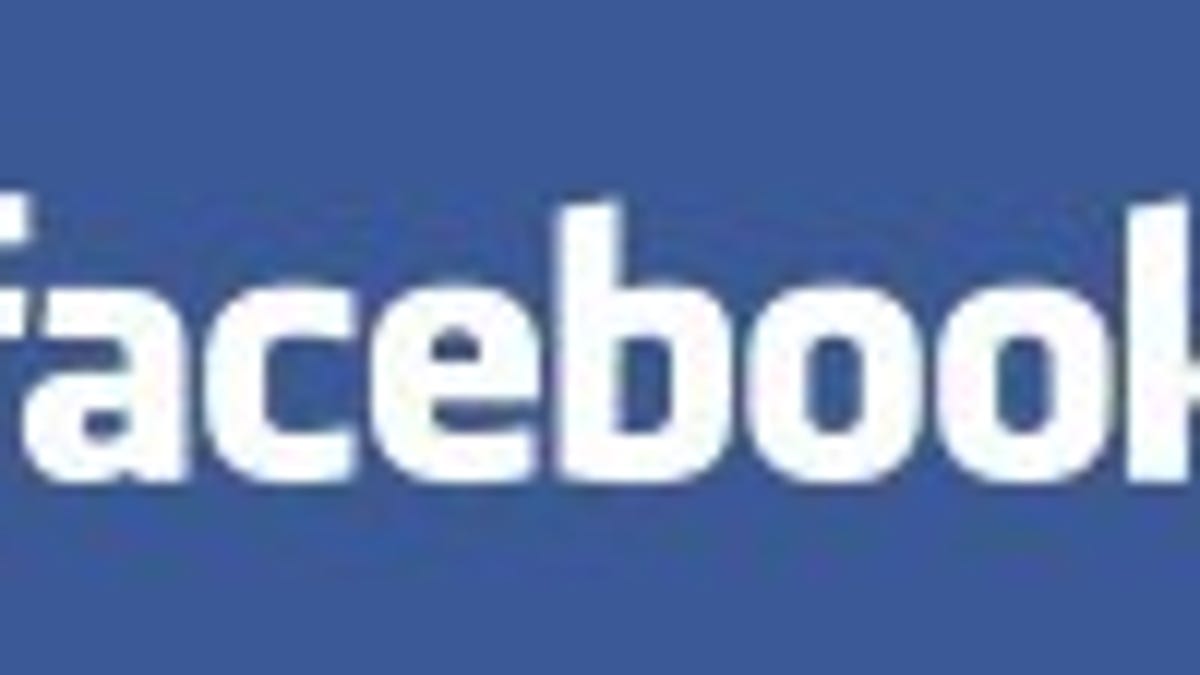Microsoft's Facebook stake: Maybe not so crazy
The two companies' partnership in bringing Facebook data into Bing searches is one of the most promising fruits of a three-year-old strategic investment that looked slightly stupid at the time.

Three years ago, when Microsoft invested $240 million for 1.6 percent of Facebook, it looked to be just a bit nutty.
Back then, Facebook was an unprofitable three-year-old company with a business model that the ad industry still wasn't fully believing, and the News Corp.-owned social network MySpace was still bigger than Facebook both in the U.S. and internationally. Facebook's paper valuation of $15 billion at the time of the investment was believed to have been embarrassingly overinflated because Microsoft had been in a bidding war with Google over the stake in question, and indeed, the $15 billion was intended to be a preferred-stock valuation rather than a reflection of the company's actual value. And not only was the preferred-stock differentiation not really made clear at the time, but when the financial crisis set in a year later, rumored prices of internal stock trading hinted that Facebook's valuation may have been as low as $2 billion or $3 billion.
Things are completely different now: Facebook has eradicated MySpace's market share, it has over 500 million members around the world, and thanks to the ad industry's growing warmth to social media, it's expected to post billion-dollar revenues this year. And luckily for Microsoft, it's started to put the strategic advantages offered by that Facebook investment to good use.
The relationship took center stage today when Microsoft Online Services President Qi Liu and Facebook CEO Mark Zuckerberg held a joint press conference to announce that results on Microsoft's Bing search engine would be pulling in results based on what a given user's contacts on Facebook have "liked," using the Facebook buttons that were originally unleashed in April and which now have proliferated across the Web. In addition, Bing will be more prominently featuring Facebook profiles in people-search results.
It may not be the secret weapon that Bing needs to take a real bite out of search leader Google, which according to numbers released Wednesday by ComScore still has over 60 percent of U.S. market share. But aligning itself with the hottest name (Facebook) in the hottest sector of digital innovation (social media) certainly isn't a bad move for Microsoft, and the relationship likely also benefits both companies as Google attempts to organize its social-media strategy into something that will actually succeed in a Facebook-dominated world. Its "Google Me" project remains shadowy, but recent restructuring that put high-profile executive Marissa Mayer in charge of location-based services--a particularly promising niche of social media--as well as local markets seems to signal that Google is trying to get a more concrete strategy in line.
Facebook launched its own geolocation service, Facebook Places, in August, with Bing Maps as its default cartographic tool. Microsoft's Bing already has a geolocation-related partnership in place--but it's with Foursquare, the start-up that Facebook attempted to acquire before backing off to build Places on its own.
Microsoft's close ties to Facebook have also meant special integration for the social network in its Windows Phone 7 operating system, which was formally unveiled this week and which will be available to the public on participating handsets starting November 8: Facebook-tagged photos will be worked into Windows Phone 7's contact management system. Additionally, when Facebook announced its sweeping Open Graph plans this spring, along with it came the launch of Docs.com, a collaborative document service using Facebook credentials and connections that could potentially rival Google Apps. Though an advertising partnership between Facebook and Microsoft ended when Facebook announced that it would be doing away with traditional banner ads altogether, at the same time Facebook started working Bing into its internal search feature to bring in more results.
Of course, having Facebook on its side doesn't always mean that Microsoft's social media initiatives are a hit. Just this year, it released the Kin, a youth-oriented social-networking smartphone--and discontinued the device a matter of weeks later. Last year's debut of Vine, a location-based networking service designed for emergency preparedness and community management, also flopped.
And Zuckerberg made it clear that Wednesday's announcement is not an exclusive deal. "We're trying to build a platform, so fundamentally, this is not about working with a single company," the young executive said at the press conference. "Over the long term, we would love to work with everyone."
Regardless, with Facebook's valuation now likely double the once-outlandish $15 billion and the social network an increasingly powerful force in all corners of the Web, it seems like that Microsoft investment was $240 million well spent.

